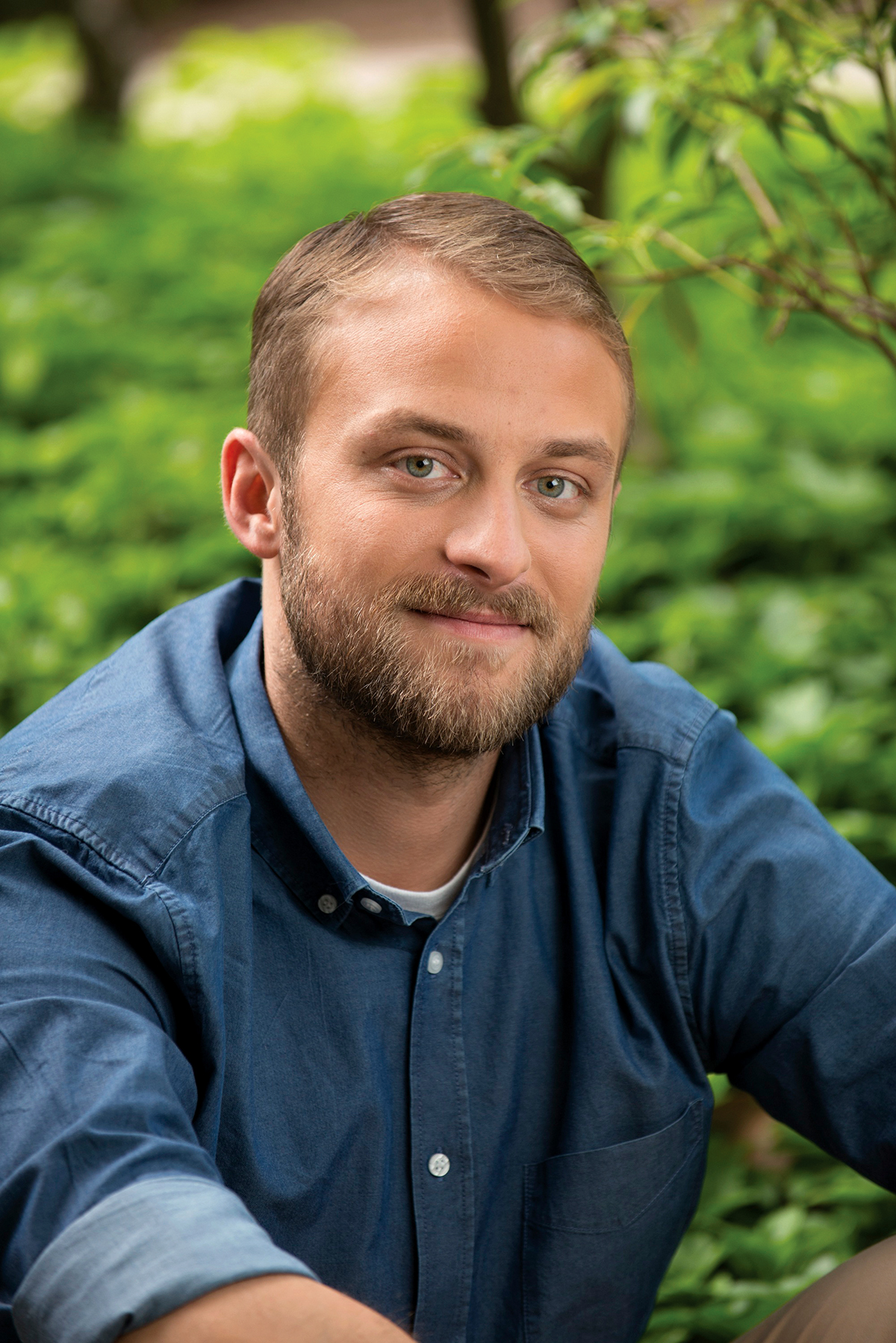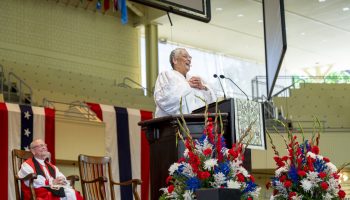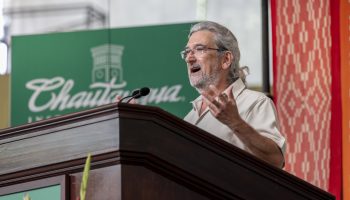When people learn what Shah Selbe does for a living, their typical response is, “I wish I had such a worthwhile job.”
“I do get a lot of good reaction when I meet people and they learn what I am doing,” Selbe said.
Selbe is a critical player in an increasingly urgent fight to save the world’s ocean fish stocks from illegal and destructive overfishing. An accomplished satellite propulsion systems engineer at Boeing Space and Intelligence Systems and the Southern California region representative of Engineers Without Borders, Selbe exudes a passionate commitment to saving the oceans from overfishing.
Selbe will discuss his work at 10:45 a.m. Thursday in the Amphitheater as part of Chautauqua Institution’s Week Two theme, “The Human Journey: Origins, Exploration and Preservation.”

“I have developed expertise as a conservation technologist, and I believe it is very important to spread the word through outreach efforts and education in general,” he said.
Selbe’s first visit to Chautauqua will be part of a longer journey, ending with an educational trip to the world’s second-longest barrier reef in Belize.
“I’m taking the red-eye from Los Angeles on the Fourth of July, then after Chautauqua I’m going to lead an expedition to Belize for ocean conservation,” he said.
Accompanying Selbe to Belize will be a competitively chosen group of high school students from “all over the place,” he said. “They worked hard to get into this program, and they will get academic credit for their work with me.”
From the Amp stage Thursday, Selbe plans to tell three different stories to illustrate some of his work and concern for the world’s environment. Each story is from a different region: a river delta in Botswana; the city of Banff, in the Canadian Rockies; and the Caribbean island of Barbuda.
“My main thesis is that with the use of technology and engineering, we can do three important things better,” Selbe said. “We can better understand our environment and the threats to it. We can better protect it against illegal plundering. And we can better connect people to experience what we learn.”
Selbe will employ some slides and short videos to illustrate his remarks.
National Geographic, the Institution’s partner in this week’s morning Amp lectures, named Selbe one of its Emerging Explorers in 2013. Speaking to the magazine’s website, Selbe said that “right now, illegal fishing is a low-risk, high-reward activity. Our seas are vast and largely unmonitored. Crimes are undetected.”
“Many countries don’t own even one boat to patrol their waters. In fact, methods for protecting oceans haven’t really changed since the 1950s,” he said to NatGeo. Leading the search for better, smarter means of stifling illegal fishing, Selbe is convinced “technology can help offset the lack of resources and personnel and let us all find those people who don’t want to be found.”
Selbe’s primary activity is focused on the use of engineering and science in the service of improvements for humanity.
“These efforts are specifically within the areas of ocean conservation, unmanned spacecraft and access to clean water, sanitation and renewable energy in the developing world,” he told NatGeo.
Selbe’s ocean conservation work has been labeled “FishNET.” He said the program includes the development of hardware such as low-cost conservation drones, acoustic sensors and data management solutions. He has been active in the large Southern California-centered effort to protect its ocean coastline and offshore marine areas.
“FishNET has spun off several other tech surveillance methods to detect and deter illegal activity,” Selbe said. “Generally, ocean surveillance is technologically similar to terrestrial surveillance, with the big exception that land is mostly easier to access and connect with.”
This marks the ninth year Selbe has been working with drones.
“When we started in 2008, we really needed to convince people that such technology was available,” he said. “Now, there is broader awareness and acceptance of the potential of technology in helping to protect our precious environment.”




